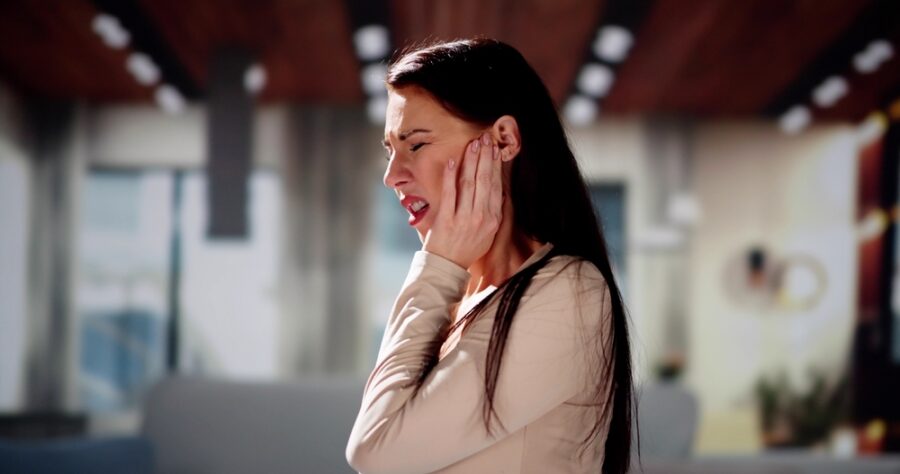

Blog post
Five ways to take care of your eyes this summer
When it comes to eye health, it can be best to adopt a seasonal approach to ensure that you’re taking all the necessary steps to protect your eyes from the changing temperature and light. Scorching sunshine, allergies, dry weather and bright light can all play havoc with eye health, so it’s essential to ensure that you’re taking the proper steps to care for your eyes during the summer months. Here are some easy-to-follow tips to help keep eyes healthy and happy this summer.
1 – Wear sunglasses
Many people don’t realise that you should wear sunglasses every time you step outside during the summer months, even on cloudier days.
UV (ultraviolet radiation) rays are damaging to the eyes.
While they come from the sun, they can also reflect off of surfaces such as water, so it’s essential to don a pair of appropriate glasses whenever you’re out and about, even if it’s just in the garden for five minutes. Sunglasses with 100% UVA and UVB protection are the best kind and protect the eyes from various damaging rays.
Ultraviolet radiation overexposure can cause short-term photokeratitis or photo conjunctivitis (commonly known as ‘snow blindness’), but in the longer term, it can lead to conditions such as cataracts or even skin cancer, so it’s essential to protect the eyes adequately.
Choose your ‘indoor’ glasses with UV-protective lenses to help combat the risk, and you can even get prescription sunglasses to ensure your eyes are protected at every opportunity.
2 – Wear a hat
Sunglasses provide excellent protection of the eyes on hot and sunny days, but they won’t offer complete protection to the area around your eyes.
The gaps in their design can lead to UVR exposure in the area around the eyes, so it’s a good idea to wear a hat with a brim that’s at least three inches wide, to significantly decrease exposure levels and limit the risk of conditions such as skin cancer.
3 – Use eye drops to stay hydrated
Summer can dry out the eyes, combining a hot, dry and often stagnant environment and cool, artificial air from an air-conditioning system.
Dry eyes can be uncomfortable and irritating, but they can also bring a heightened risk of eye infections; rubbing the eyes can transfer germs, dirt or debris into the eye.
It’s best to regularly use eye drops to hydrate the eyes, especially if there’s air conditioning in the vicinity, and remember to blink periodically to lubricate the surface of the eye naturally.
4 – Take care if you have allergies
Those with allergies can suffer during the summertime as pollen levels rise. Many people start to experience chronic hay fever symptoms, including redness, itchiness and watery eyes.
Contact lens wearers should consider switching to glasses during the summer months, which can be much more comfortable to wear if you’re experiencing symptoms and can also help to shield the eyes better from dust and pollen particles.
Your optometrist can advise further.
5 – Eat healthily, and stay hydrated
A balanced diet is good for the whole body, but especially the eyes.
A diet packed with the right ingredients and plenty of fluids can help support eye health and keep you bright-eyed all summer long.
Fill your plate with ingredients such as oily fish, like salmon or tuna, green leafy vegetables, avocados, eggs, nuts, beans, and citrus fruits to keep eyes healthy, moisturised and in tip-top condition.
It’s also essential to drink plenty of water during the summer, as we dehydrate quicker.
Six-eight glasses of water each day will help you to stay hydrated and healthy all summer long.











